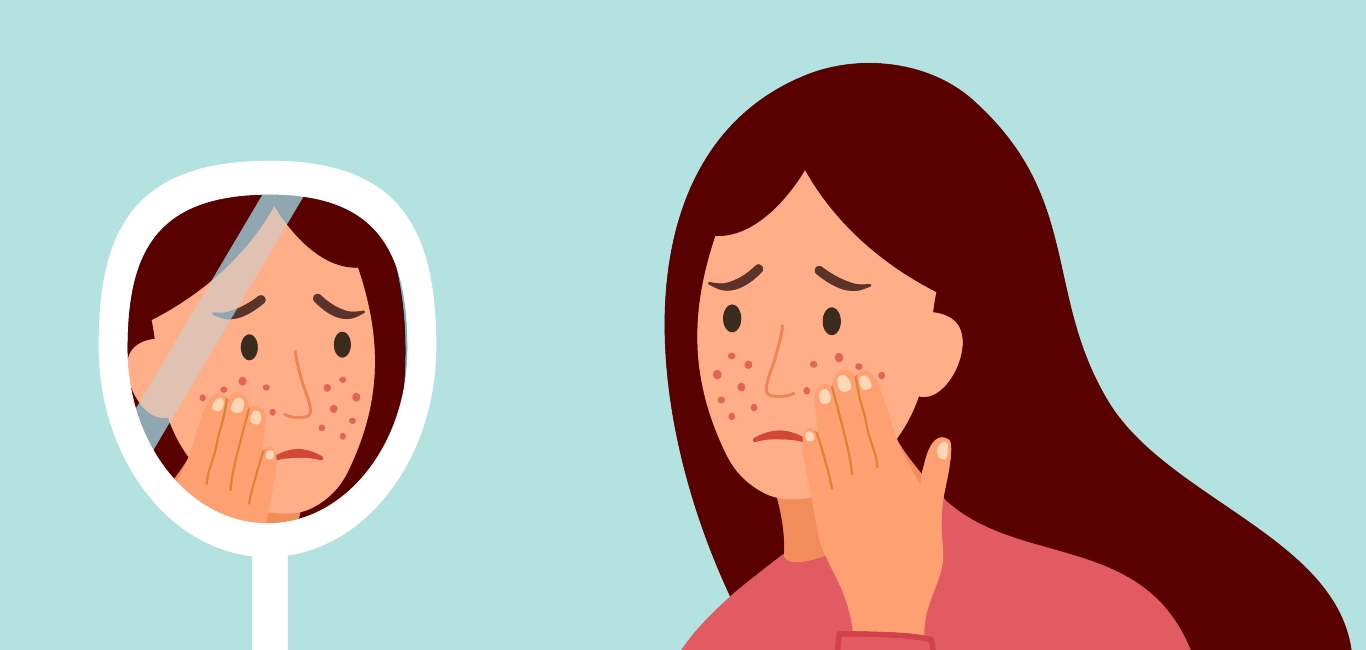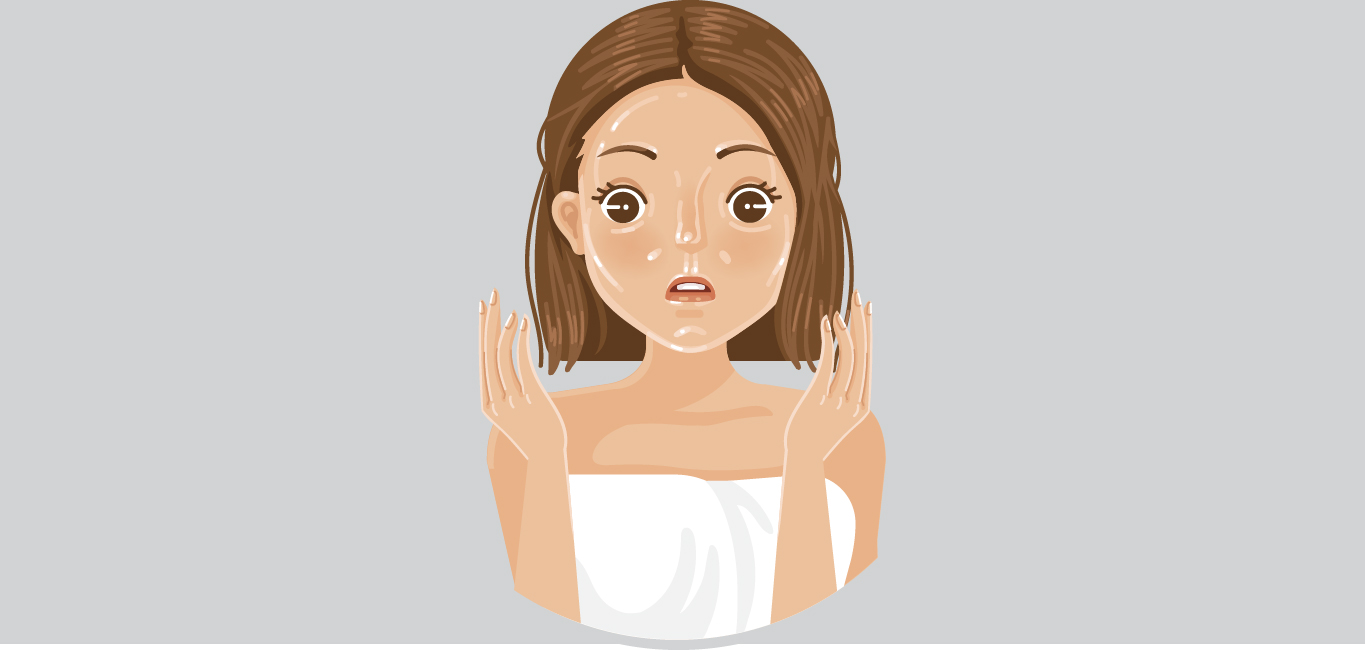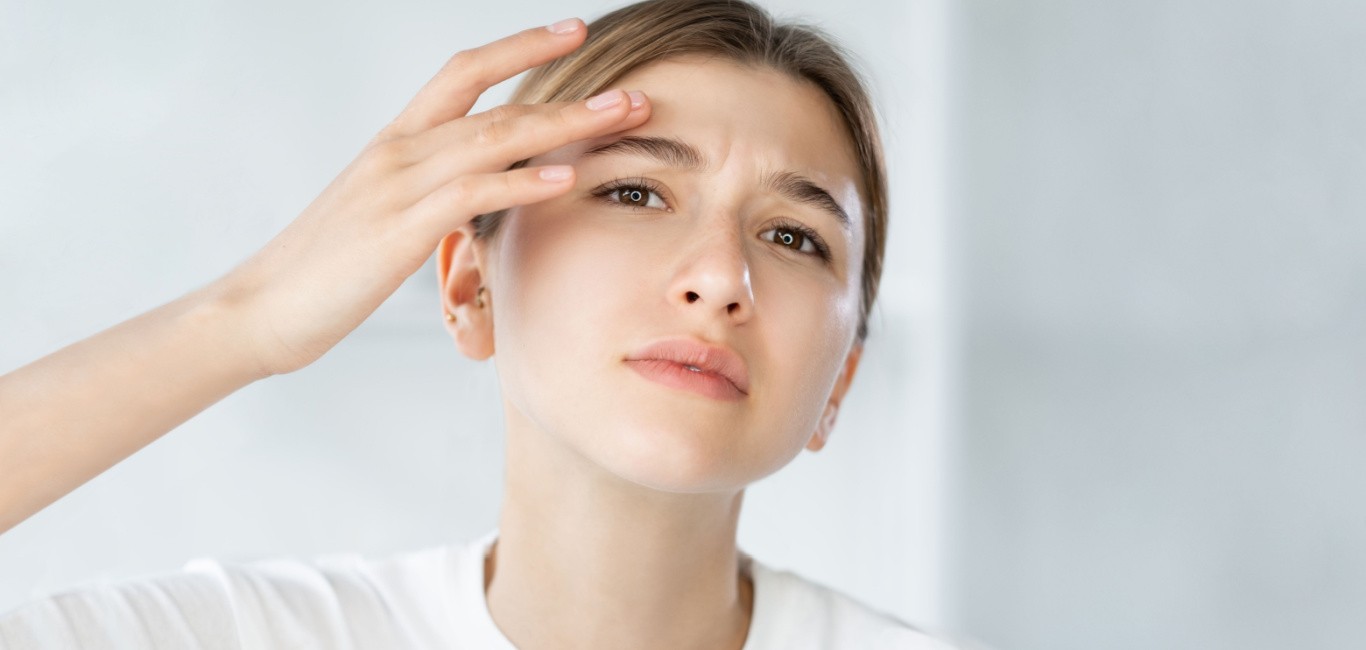
Shivika Shrivastav was in ninth grade when she started a skincare regimen to tackle acne. The 25-year-old lawyer initially attributed her skin issues to hormonal changes, and tried home remedies, serums, and consulted a dermatologist, all with only short-term relief. It was only later that she realised that stress could contribute to acne breakouts.
“Stress, as I discovered, also leads to certain habits that, in turn, induce skin issues like acne.” She would often binge on sweets when stressed, adding to her skin woes. “That is when I realised that the mind and body are deeply connected, and stress can manifest itself in various ways, including through our skin,” says Shrivastav, who closely watched how her skin reacted to prolonged periods of stress.
Psychodermatology: the joining of two fields
According to Kolkata-based psychiatrist Dr Om Prakash Singh, president, Psychodermatology Association of India, the relatively new field of psychodermatology combines the knowledge and practice of both dermatology and psychology. “It involves the study of the relationship between individuals’ emotions and their skin health, as well as the effects of skin disorders on their mental and emotional well-being,” says Singh.
Dr Koushik Lahiri, professor and senior consultant dermatologist, Apollo Multispeciality Hospital, Kolkata says, “Psychiatry is more focused on the internal invisible symptoms, and dermatology is more focused on the external visible symptom.”
Our skin and our mind: the connection begins in the womb
The connection between our skin and our mind begins in the womb, with the ectoderm forming the skin, hair, nails, and central nervous system, explains Dr Lahiri.
A 2015 study led by Dr N W Andersson from the department of Epidemiology Research, Statens Serum Institut, Copenhagen, Denmark, using a systematic review and meta-analysis of 26 studies determined that children whose mothers experienced stress during pregnancy were more likely to develop atopic dermatitis.
Three components of a holistic treatment
Psychodermatological treatment involves the collaboration of a dermatologist, a clinical psychologist, and a psychiatrist, says Dr Lahiri.
- The first part of the treatment involves a dermatologist’s assessment of skin-related signs and symptoms.
- Next comes behavioural therapy by a clinical psychologist, who takes the history and assesses stress or other psychological conditions. This typically involves understanding the individual’s socio-cultural background and stress factors.
- The third part, if required, involves psychiatric medicines for individuals who show symptoms of obsessive-compulsive disorder, depression, or self-harm.
“Cognitive-behavioural therapy, relaxation techniques, and mindful exercises such as yoga and meditation are common interventions in psychodermatology. Psychoeducating an individual also plays an important role,” says Dr Singh.
The two-way street
“Psychodermatology aims to address both sides of this two-way street by using a combination of dermatological and psychological treatments to improve both physical and mental health outcomes,” Singh says.
By addressing the psychological factors that contribute to skin conditions, such as stress and negative thought patterns, psychodermatology can help reduce the severity of symptoms and improve the quality of life for individuals with skin disorders.
Types of psychodermatological issues
According to Dr Lahiri, there are three types of issues that are commonly seen:
- Primary psychiatric issues: These issues are characterised by a primary psychiatric disorder that has dermatological symptoms. For example, individuals with trichotillomania cannot resist the urge to pull out their hair.
- Secondary psychiatric issues: Here, dermatological issues result in psychiatric symptoms, and includes individuals who have emotional problems, such as low self-esteem, lack of confidence, body image issues, major depression, and social phobia, because of skin conditions.
- Psychosomatic stress related issues: In this type, the skin disease is not caused by stress but may be precipitated or exacerbated by it.
According to a study by psychiatrist Dr Mohammad Jafferany, stress has been linked to flare-ups of psoriasis, eczema, and acne. Stress can trigger the immune system to overreact, leading to increased inflammation and development of new lesions. This in turn triggers itchiness and dryness.
Skin issues and mental health
Shrivastav notes that her self-consciousness and lack of confidence were a result of her skin issues, making her vigilant about treating any acne breakouts quickly.
Skin conditions may cause people to feel judged or stigmatised by others, leading to hopelessness and psychological burdens such as constant monitoring and time-consuming treatments.
Final thoughts
Therefore, it is essential to address the psychological impact of skin problems in addition to their physical symptoms. Seeking professional help and support, developing a positive self-image, and practising self-care can help manage skin problems and improve mental health.

















